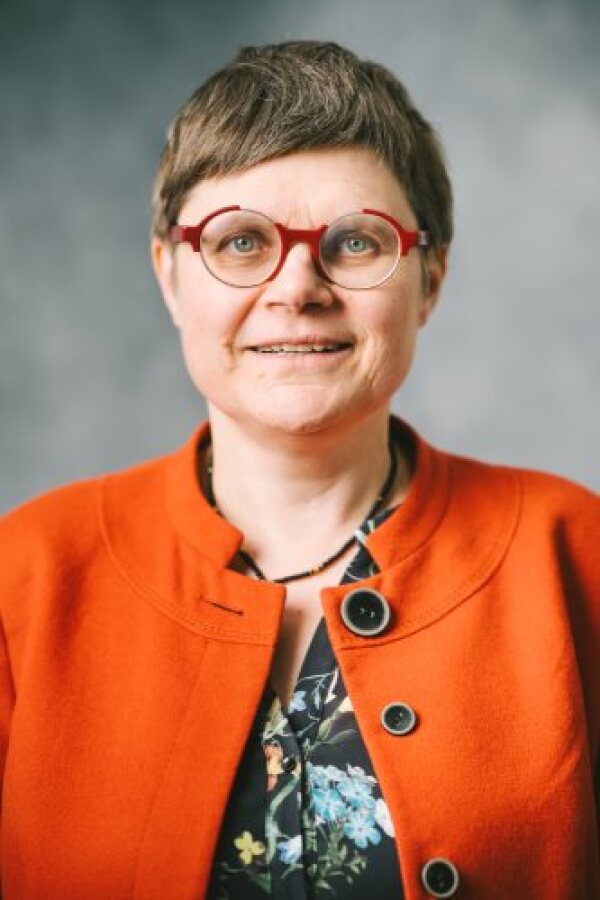Prof. Dr. Anja Weiß

Professorin
Fachgebiet: Soziologie mit Schwerpunkt Makrosoziologie und transnationale Prozesse
Lehr- und Forschungseinheit Makrosoziologie und Transnationale Prozesse
Research
Conference
(with Andreas Reckwitz, funded by the Fritz-Thyssen-Foundation, € 6486,-)
Conference of the sections „Sociological Theory“ and „Social Inequality and Analysis of Social Structure“ in the German Sociological Association at the University Duisburg-Essen
Contract Research
Migration in and into the Ruhr Area
(Funded by RUHR 2010, acquired together with Claus Leggewie (Centre for Advanced Studies in the Humanities, Essen), € 19.000,- in 2010)
The project tried to replicated selected results of the project „Cultural Capital During Migration“ for the Ruhr area. The research showed that the Ruhr area offers specific ethnisized labor markets for highly skilled willing and able to work in the field of „integration“. Highly skilled migrants who compete on the general labor market face barriers similar to those found in the international study group on highly skilled migration
International Study Group
(together with Arnd-Michael Nohl/Karin Schittenhelm/Oliver Schmidtke; Funded by the VW Foundation with € 650.000,00 between 2005 to 2009 in the program “migration and integration”)
The international study group studied how migrants make use of their cultural capital during their entry into the labour market. A systematic comparison of status groups who differ with respect to the level of their educational title, the place of its acquisition (at home or abroad) as well as to their residence status shows how their transition into the labour market is structured by the interrelation of both factors. On the basis of 206 narrative interviews which were analysed with the documentary method the structure of the status passage into the labor market could be reconstructed with respect to issues such as professional fields, interaction of legal and symbolic exclusion with labor market entry, family status and orientations, etc. Every status group was researched in the context of Germany and of one country of comparison respectively (Canada, Great Britain and Turkey) which enabled us to consider the meso-, and macrosocial contexts of the statuspassage in inter- and transnational comparison.
Research Project
Highly qualified migrants.
The transnationalization of social inequality
(Funded by the German Research Association between 2002- 2005)
Social inequality until today has been examined exclusively within the nation state or through comparison of nation states. One result of globalization processes is that social positions can no longer be understood by reference to clearly defined political spaces.
The project’s goal was the development of a theory on the transnationalization of social inequality which should be grounded in empirical research. On the one hand the social position of Highly-qualified migrants was analyzed who occupy an ambivalent position between a global economy, which gives their cultural capital world-wide currency, and the national organization of politics, which counteracts the formation of a transnational class. On the other hand an integration of context relations into an analysis of social structure leads to the question whether transnational class formation can be observed.
On the basis of 17 narrative interviews with experts sent by German organizations to developing countries, IT- specialists who are recruited to Germany on green cards, and finally, West African academics working in South Africa, the project found support for the hypothesis of transnational class positions which is however restricted to the highly selective group of migrants whose cultural capital is acknowledged transnationally.

